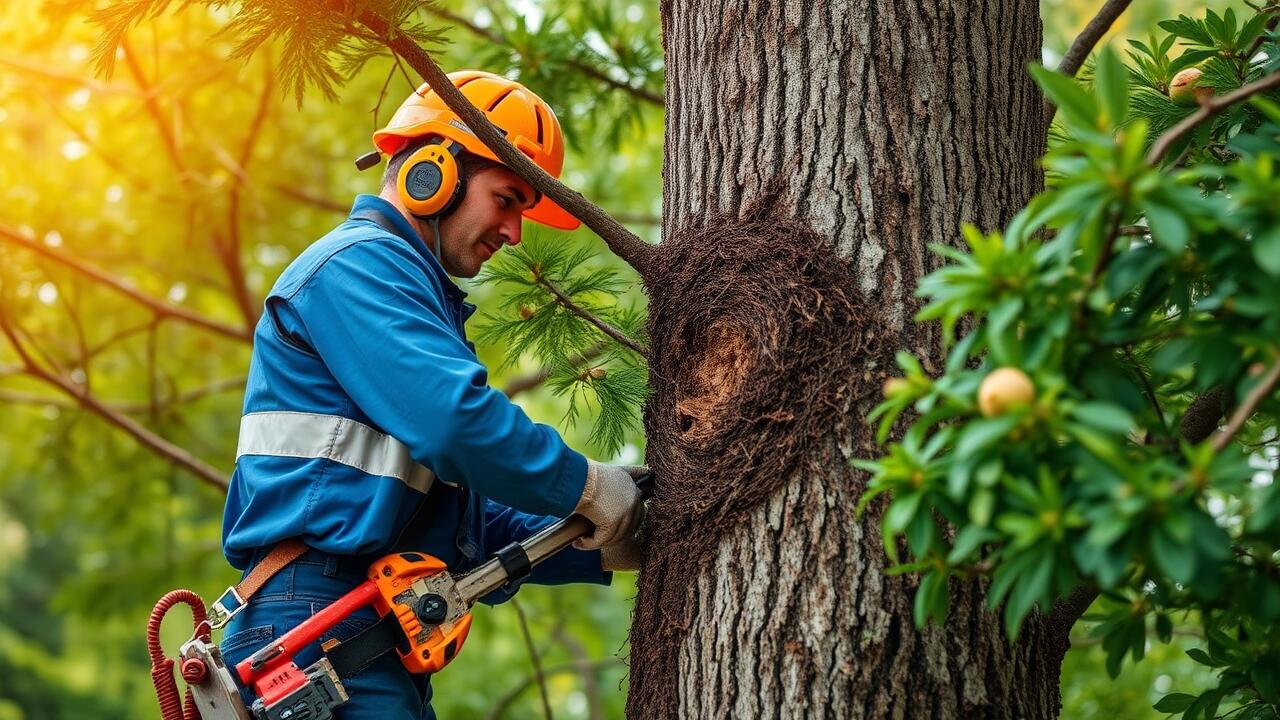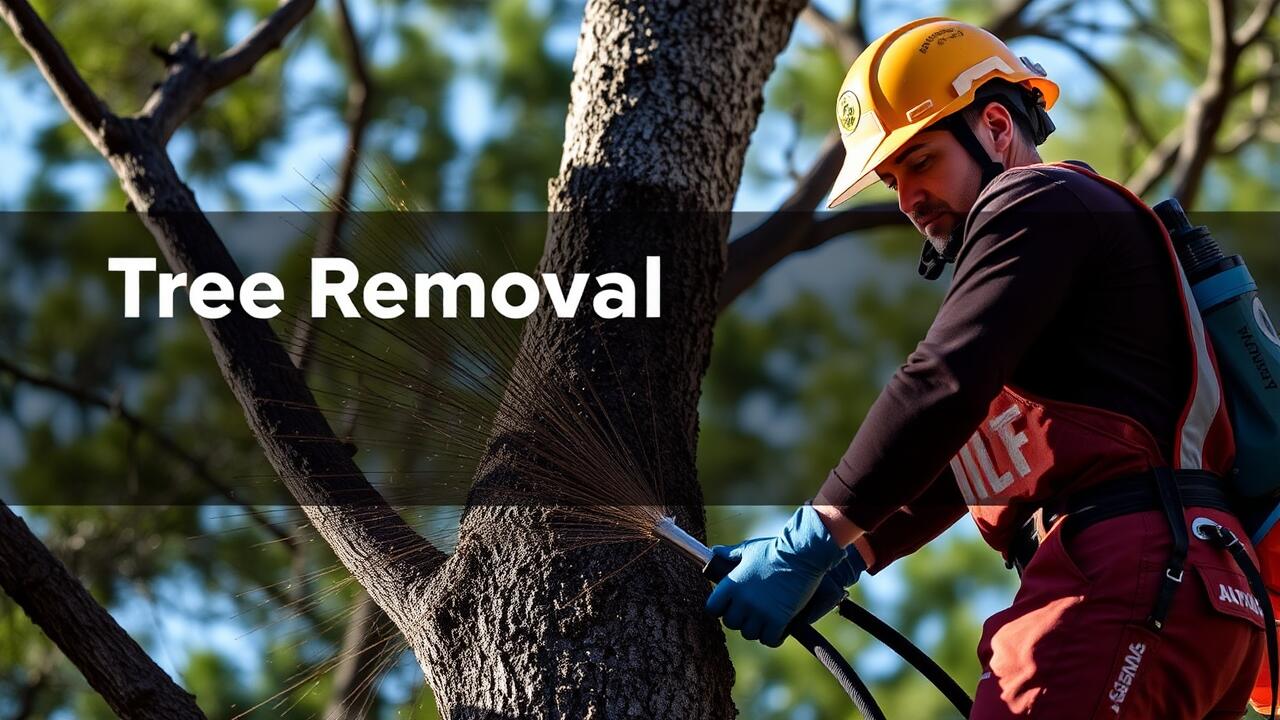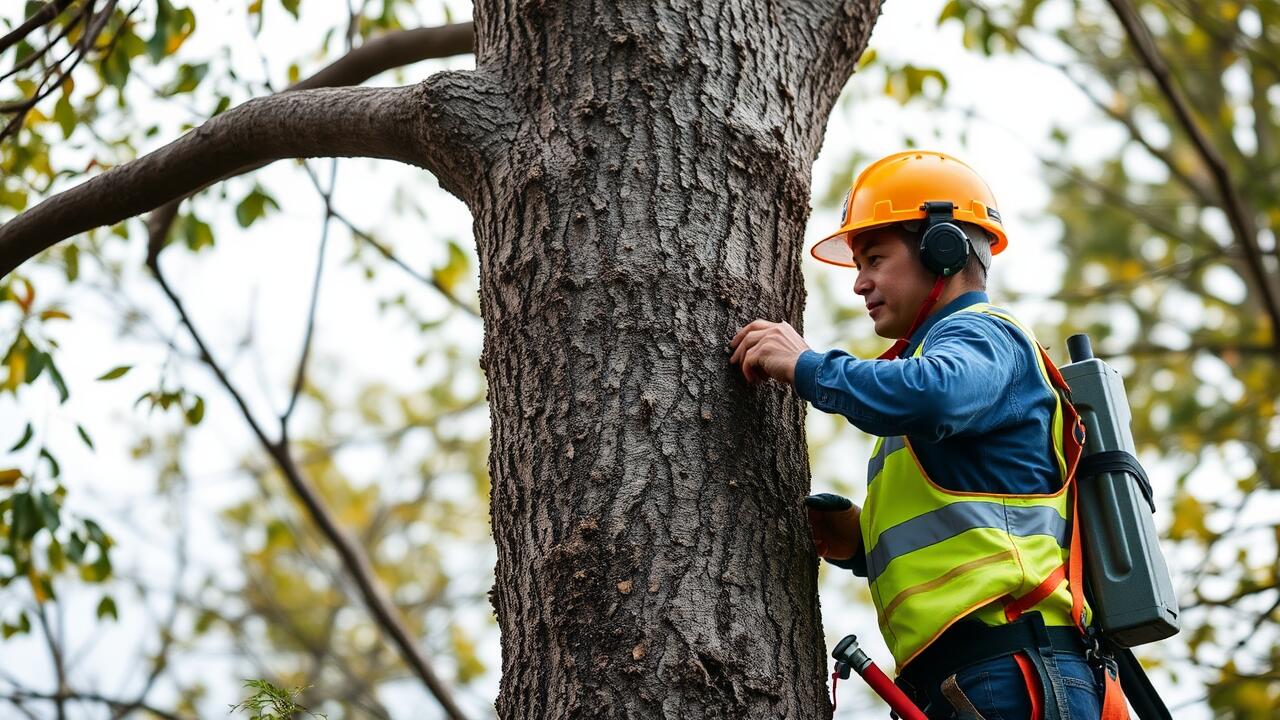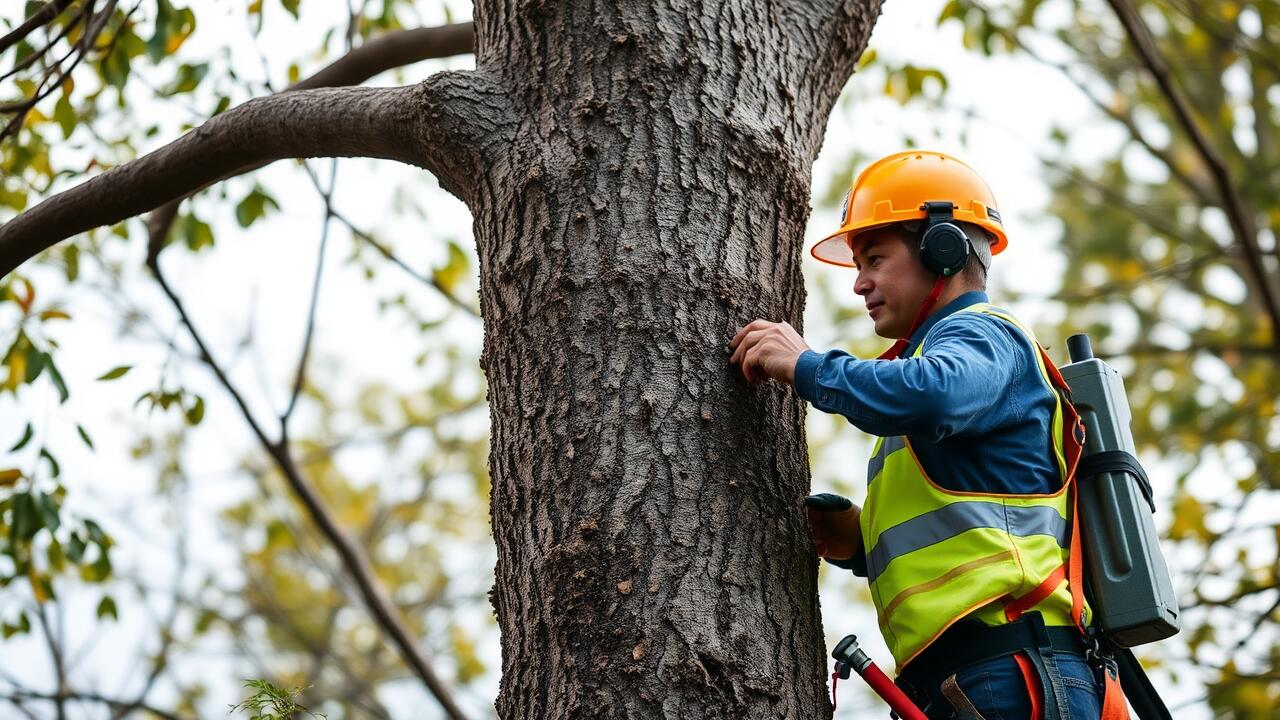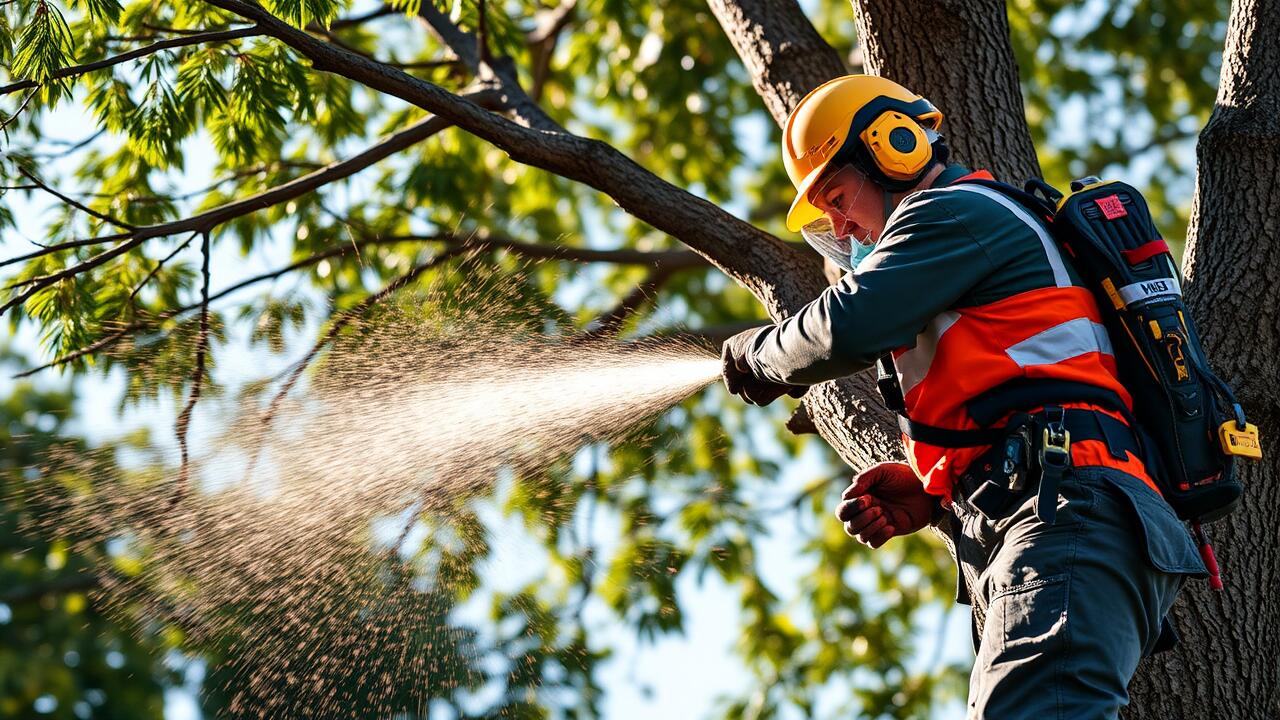
Exemptions to Tree Removal Permits
Certain exemptions exist regarding the need for a permit when it comes to tree removal in Atlanta. For instance, if a tree poses an immediate threat to public safety, such as being severely damaged or diseased, homeowners may act swiftly without the usual regulatory processes. Additionally, dead trees often fall under this exemption, allowing for their removal to maintain safety on properties, especially in densely populated areas like Virginia Highland.
Another situation involves trees that are classified as nuisance species, or those that are deemed invasive in the local ecosystem. These trees can usually be removed without a permit, as they can disrupt native plant life and contribute to ecological imbalance. Virginia Highland, like many neighborhoods in Atlanta, might have various organizations that can assist with identification and management of these unwanted trees. Understanding these exemptions can help homeowners navigate the often complex tree removal regulations while ensuring the safety and health of their properties.
Situations Where Permits Are Not Needed
In certain situations, permits for tree removal are not required in Atlanta. If a tree poses an immediate danger to life or property, homeowners may take action without going through the permitting process. This includes situations where the tree has been damaged by severe weather or disease, and its removal is necessary to ensure safety.
Specific tree types are also exempt from permitting regulations. For instance, invasive species or trees that are less than six inches in diameter at breast height may not need a permit for removal. Residents in neighborhoods like Virginia Highland can benefit from understanding these rules, especially when considering options for Atlanta tree removal.
Recommended Tree Care Practices
Caring for your trees not only enhances the beauty of your property but also ensures their health and longevity. Regular maintenance practices like pruning can remove dead or diseased branches, allowing trees to thrive. It’s important to use proper techniques when trimming to prevent damage to the tree. Fertilization and mulching around the base can provide essential nutrients and moisture while protecting the root system. Residents in areas like Virginia Highland should be mindful of seasonal changes that may affect tree care schedules.
When considering tree removal in Virginia Highland, Atlanta Tree Removal services can often provide insight on preservation techniques. Consulting with professionals can help you identify trees that may require special care or maintenance rather than removal. There are alternatives to cutting down trees, such as bracing or cabling for structural stability. By embracing recommended practices, you can maintain a healthy urban canopy while also supporting local biodiversity.
Alternatives to Cutting Down Trees
Preserving trees can often be a more beneficial choice than cutting them down. Many homeowners are unaware of the various alternatives available for maintaining tree health, such as pruning and deep root fertilization. In addition to these practices, nurturing a tree's ecosystem with appropriate mulch and soil conditions can enhance its resilience. These methods not only sustain the tree’s life but also promote the overall health of the urban landscape, contributing positively to neighborhoods like Virginia Highland.
For those facing space or safety concerns, consider exploring options such as tree relocation. Professional arborists can assess whether a tree can be safely moved to a more suitable location on your property. Additionally, engaging with local organizations focused on tree preservation may provide further insights and resources. This proactive approach ensures you make informed decisions regarding tree management while mitigating the need for Atlanta Tree Removal.
Resources for Tree Preservation in Atlanta
Atlanta is home to various resources dedicated to tree preservation, offering support to residents interested in maintaining their green spaces. Local organizations, such as Tree Atlanta, provide educational programs and volunteer opportunities aimed at enhancing urban forestry. These groups often facilitate tree planting events, giving community members a chance to contribute positively to their neighborhoods.
In Virginia Highland, residents can tap into specific services provided by the Atlanta Tree Removal program. This initiative focuses not only on removing unhealthy or hazardous trees but also on promoting the planting of new ones. By participating in these programs, homeowners can ensure that their contributions lead to a healthier urban forest while understanding best practices for tree care and maintenance.
Local Organizations and Assistance Programs
In Atlanta, various local organizations offer support and resources for tree preservation, fostering a community-centric approach to maintaining urban greenery. Residents can tap into programs designed to educate homeowners about the ecological benefits of trees and sustainable practices that protect them. Collaboration with these organizations not only enhances awareness but also encourages community involvement in tree maintenance and care.
For those specifically seeking assistance with tree issues, programs often include guidance for tree removal and replacement initiatives. In neighborhoods like Virginia Highland, services called “Atlanta Tree Removal” by local experts can provide insight and support, ensuring that any necessary tree cutting is conducted responsibly and in accordance with city regulations. Engaging with these local organizations helps residents make informed decisions about their trees while contributing to the overall health of Atlanta’s urban forest.
FAQS
Do I need a permit to cut down a tree in Atlanta?
Yes, in most cases, you will need a permit to cut down a tree in Atlanta. However, there are certain exemptions and situations where permits are not required.
What are some situations where a tree removal permit is not needed?
Permits are typically not needed for trees that are dead, dying, or pose an immediate hazard. Additionally, trees located on private property and less than a specified size may also be exempt from permitting.
What are some recommended tree care practices to consider instead of cutting down trees?
Recommended practices include regular tree maintenance, pruning, and disease management. Consulting with an arborist can help identify issues and suggest alternatives to removal.
Are there alternatives to cutting down trees that I should consider?
Yes, alternatives include trimming the tree, cabling or bracing for support, and relocating smaller trees. These options can help preserve the tree while addressing any concerns.
Where can I find resources for tree preservation in Atlanta?
There are various local organizations and assistance programs dedicated to tree preservation. The City of Atlanta's Urban Forestry program and local environmental groups offer resources, guidance, and support for tree care and preservation initiatives.
